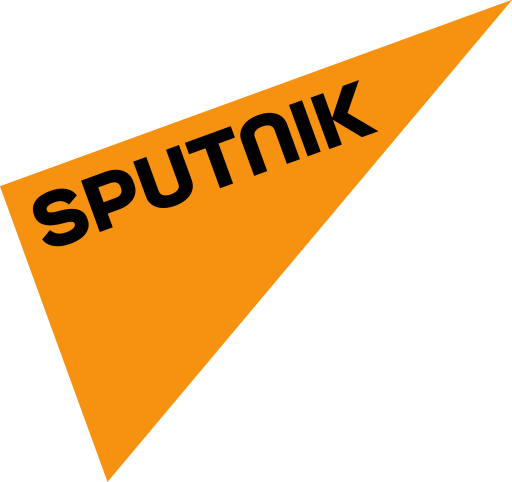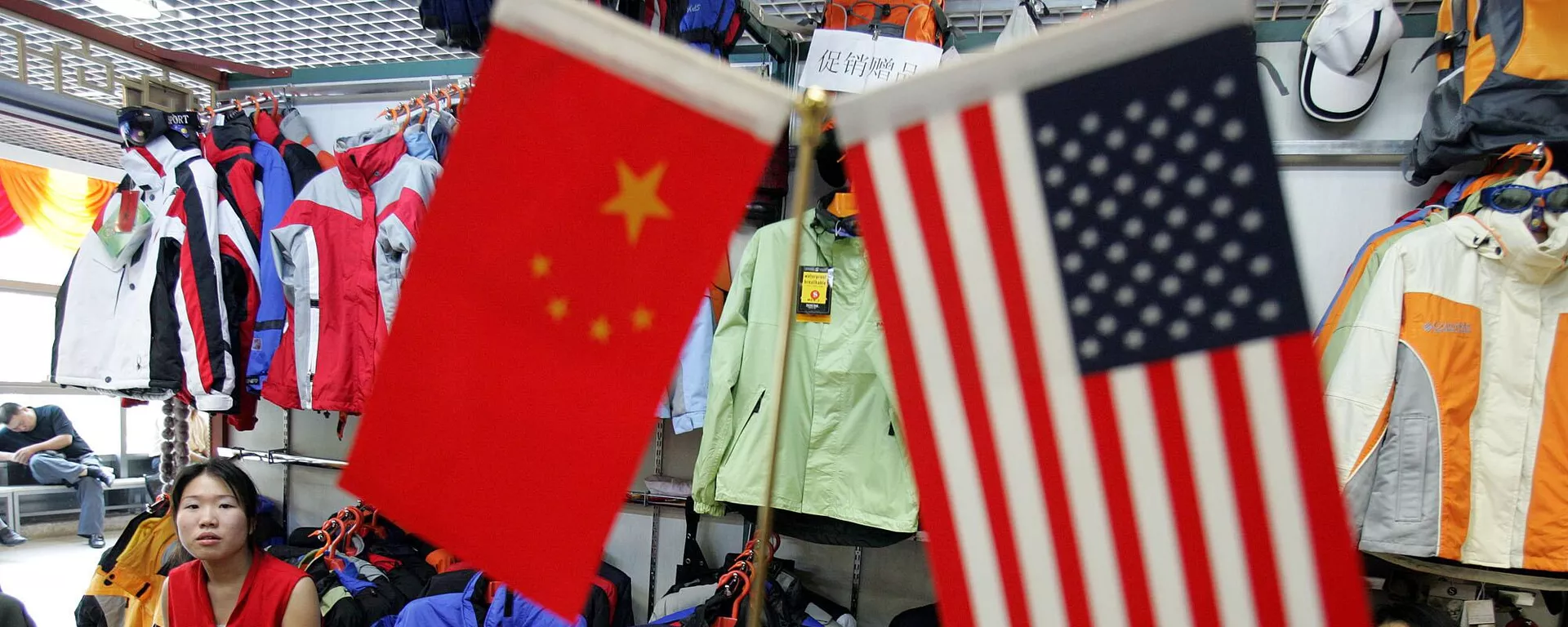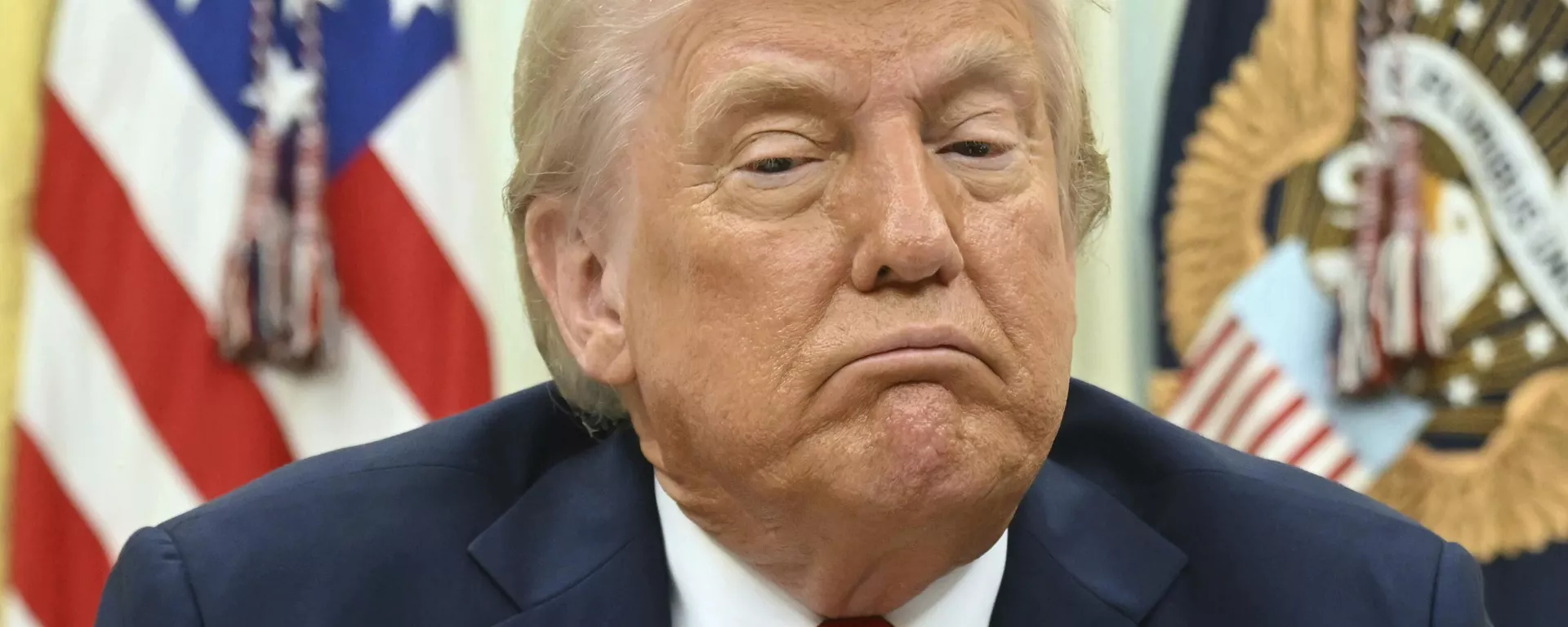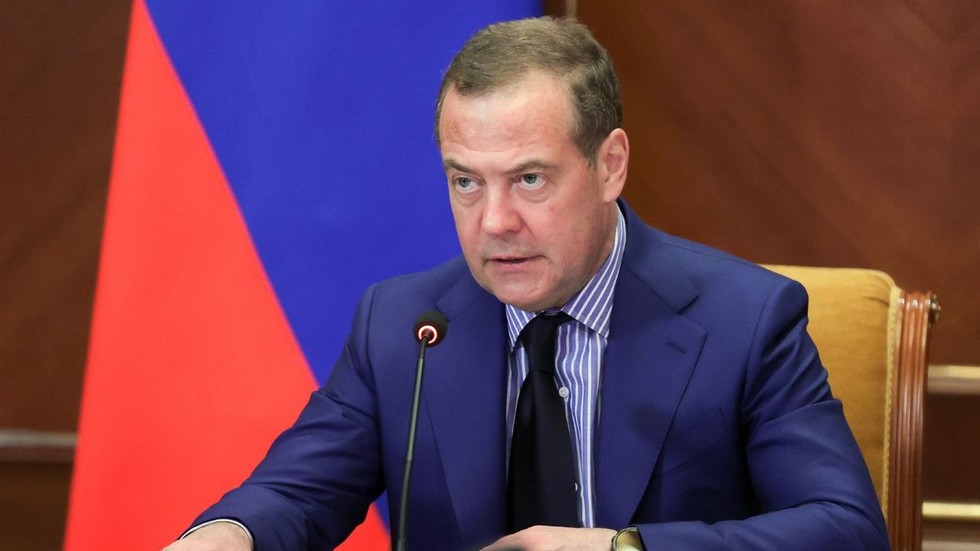The measures under consideration include finding alternative suppliers of military equipment and ammunition, introducing high retaliatory tariffs, abolishing intellectual property protection measures for American companies, and reducing dependence on American technology giants, the report said on Wednesday.
In addition, many countries were concerned about Washington's use of defense technologies as a lever of pressure on Ukraine, the report read. They also reportedly realized that it is not so easy to meet US demands to increase defense spending. As a result, the countries came to the conclusion that it is necessary to reduce dependence on American systems and develop their own.
Polish government adviser on Ukraine Pawel Kowal told the newspaper that "confidence in the USA has been severely shaken," and that Poland will probably not place new major orders for American military equipment.
The report noted that after the introduction of tariffs, the European Commission discussed the use of the Anti-Coercion Instrument against the US, which the media describes as the EU's most powerful economic weapon. The instrument is a set of progressive measures to combat economic coercion, the report said, adding that the first stage involves negotiations, followed by an increase in tariffs, exclusion from public procurement systems and restrictions on intellectual property rights protection.
On April 2, Trump signed an executive order that implemented reciprocal tariffs on imports from various countries. The base tariff rate was established at 10%, with higher rates applied to 57 countries based on the US trade deficit with each specific nation. On April 9, Trump declared that a baseline tariff of 10% would be imposed for 90 days on over 75 countries that had not retaliated and had requested negotiations, except for China.

 3 hours ago
1
3 hours ago
1







 We deliver critical software at unparalleled value and speed to help your business thrive
We deliver critical software at unparalleled value and speed to help your business thrive






 English (US) ·
English (US) ·